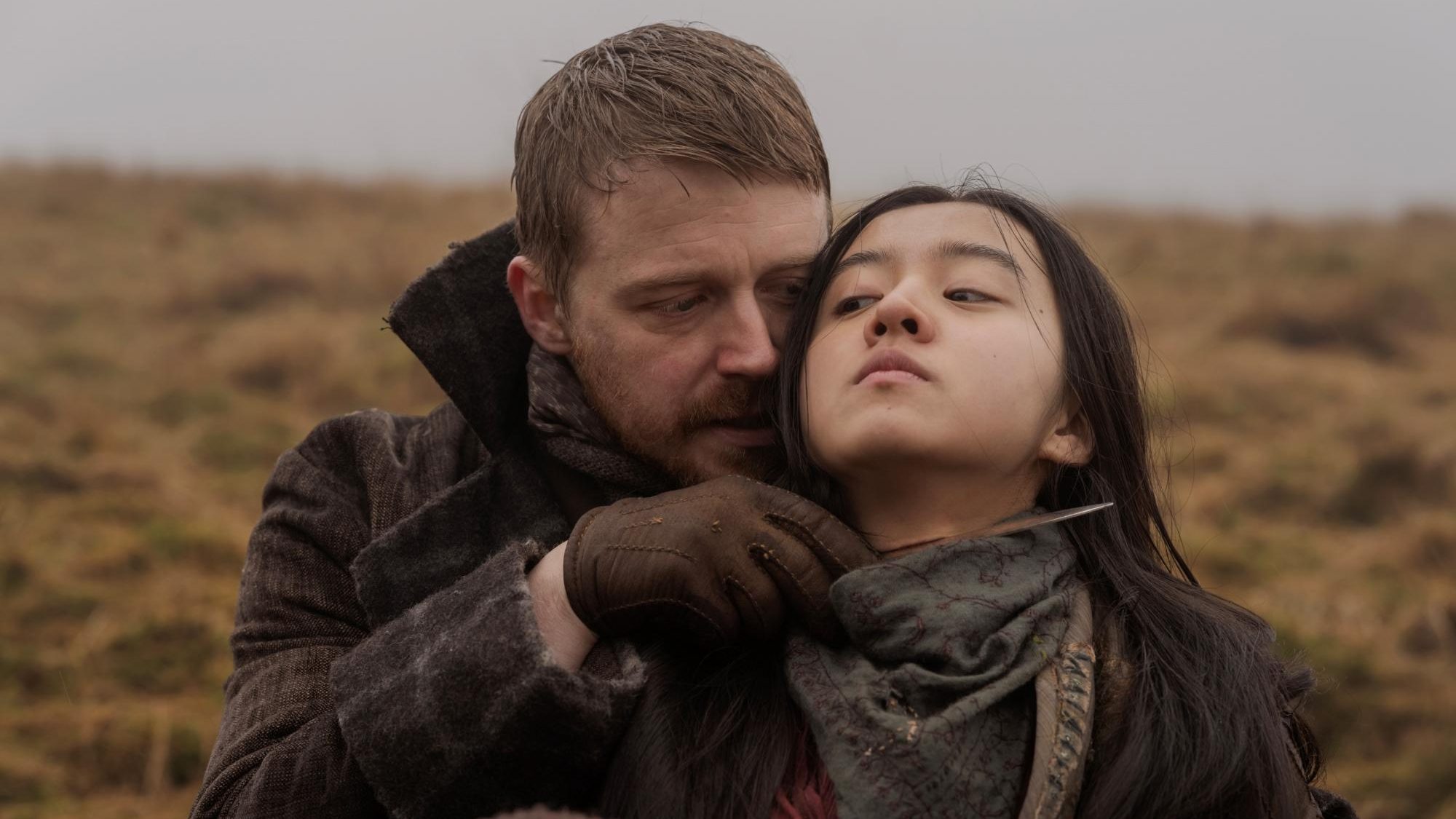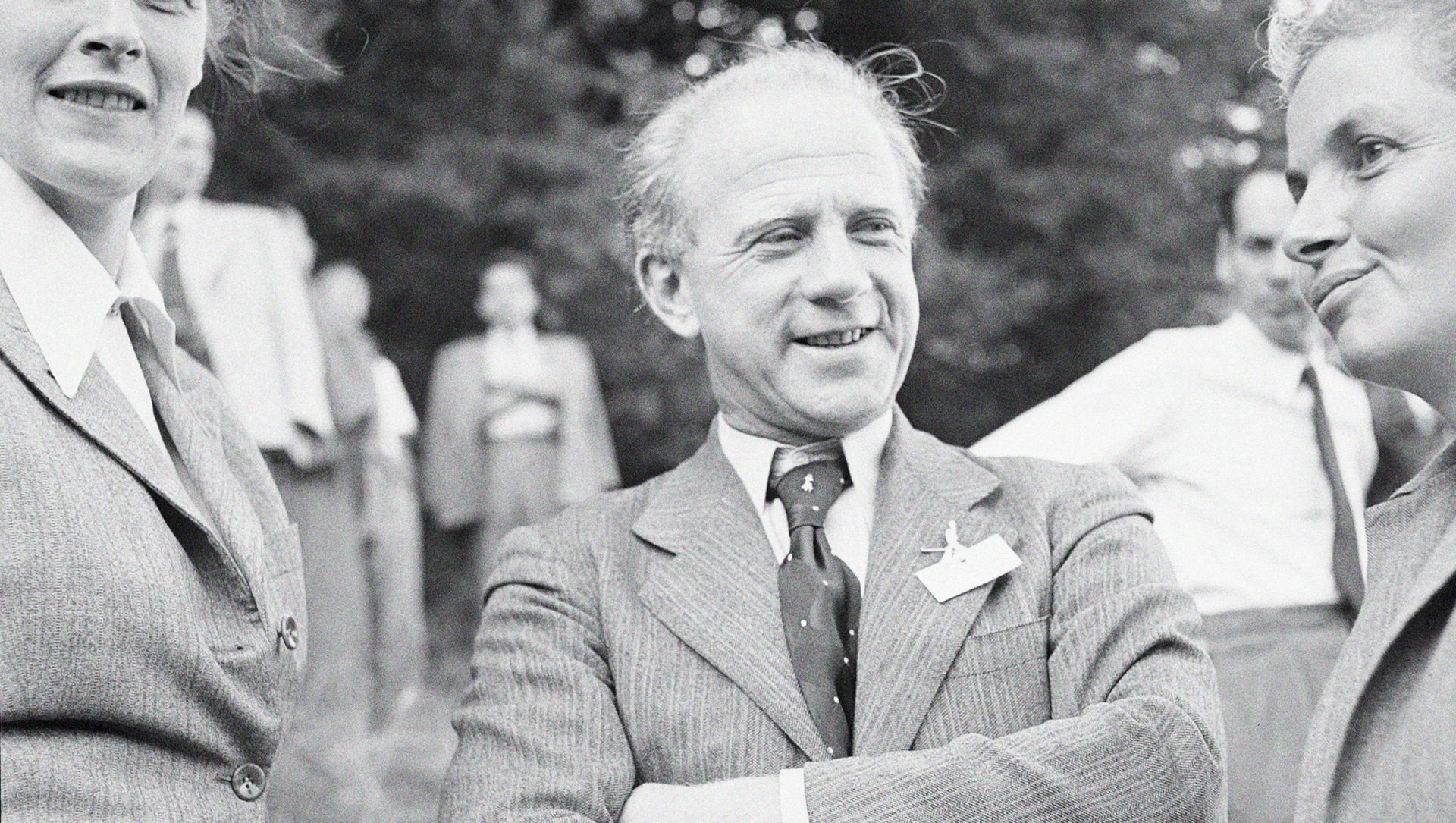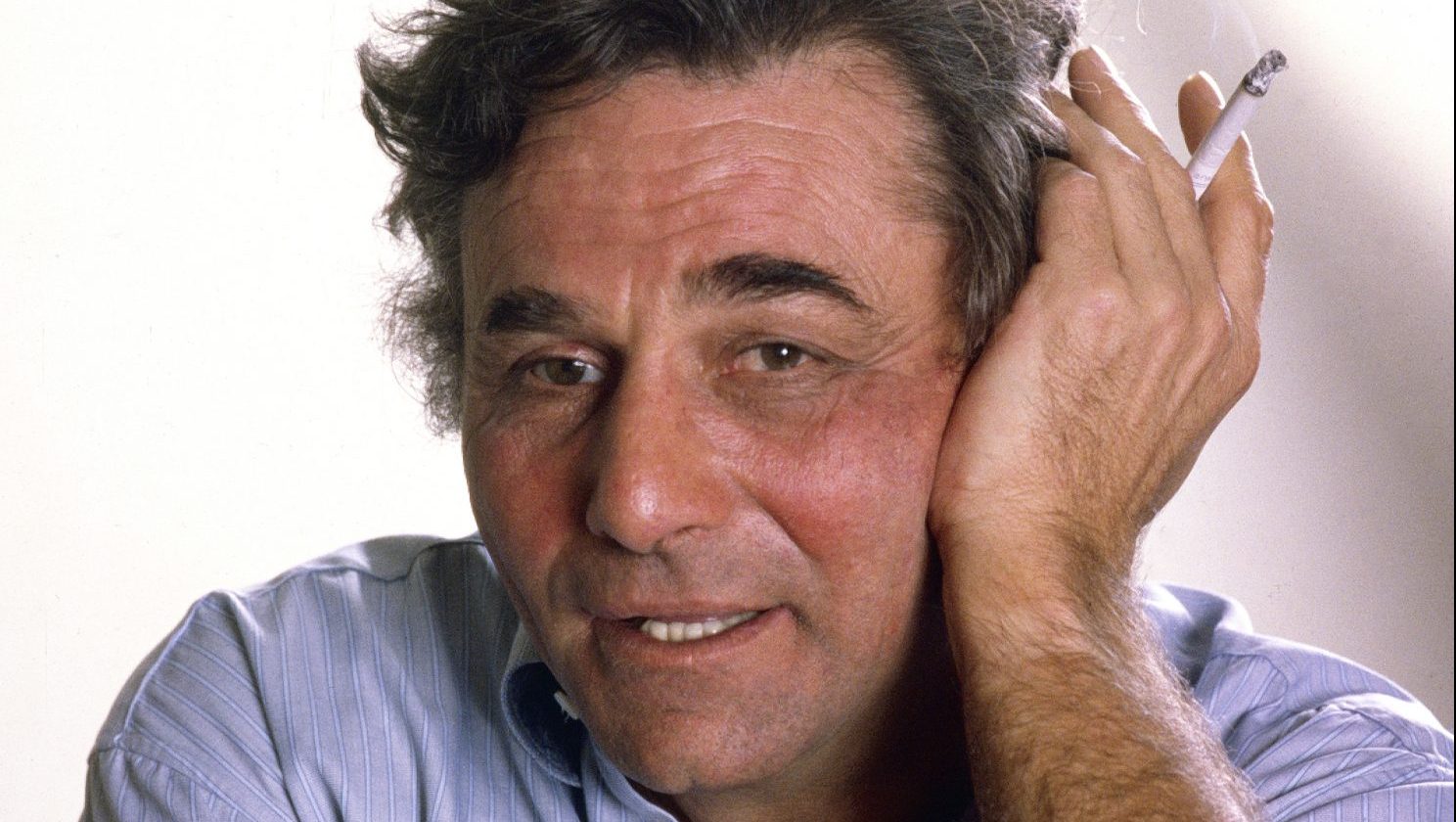PICK OF THE WEEK
Tornado (selected cinemas)
A spaghetti western samurai film set in the rough moorland of late 18th century Britain? Well, now you’re talking.
To call John Maclean’s long-awaited follow-up to the award-winning Slow West (2015) a “genre mash-up” does not do justice to its weird and beguiling ambition. This is a director whose eclecticism defies categorisation – to the great benefit of his films.
Tornado opens with an epigraph by Andrei Tarkovsky: “I would readily pay with my life/ For a safe place with constant warmth/ Were it not that life’s flying needle/ Leads me on through the world like a thread”. This meshes with the film’s idiosyncratic aesthetic but also the maverick paths stubbornly pursued by its characters.
Kōki (AKA Japanese model and musician Mitsuki Kimura) is tremendous in the eponymous lead role, bored by her life assisting her father Fujin (Takehiro Hira) – a former samurai master – with his travelling puppet show. Why, he asks, do audiences “always cheer when evil is winning”. Because, she replies, “good is boring”.
When two bags of loot stolen by a gang led by Sugarman (Tim Roth) are snatched by a boy (Nathan Malone) at one of Fujin’s performances, he and Tornado become embroiled in a deadly chase. If she wishes to stay alive, she must now deploy the ancient sword-fighting skills that her father has taught her.
In spite of the notionally Hanoverian setting, Sugarman’s thugs have names reminiscent of 1940s film noir: Kitten (Rory McCann), Psycho (Dennis Okwera) and Squid Lips (Jack Morris). Meanwhile, Little Sugar (Jack Lowden) – apparently Sugarman’s son – is frustrated by the humiliations of his junior role and has his own treacherous plans.
The dynamics of the gang owe much to the long-established connection between westerns and Japanese cinema; notably to be found in Akira Kurosawa’s Seven Samurai (1954) inspiration of John Sturges’s The Magnificent Seven (1960). The spirit of John Ford and the music of Ennio Morricone are palpably present, too.
Even the appearance of a travelling circus troupe under Vienna Crawford (Joanne Whalley) is a clear nod to Ingmar Bergman’s The Seventh Seal (1957). But Maclean’s love of hommage – he has also cited Hiroshi Teshigahara’s masterly Woman in the Dunes (1964) – is never oppressive. Indeed, Tornado works precisely because of its sheer pace and positively spartan lack of embellishment.
“For those who wish to survive in battle, there is only death. I am Tornado. Remember my name!” This could be the basis of a feminist katana franchise. But I doubt that is what Maclean has in mind. Let’s hope we don’t have to wait another ten years for the next instalment of his cinematic odyssey.
TV/STREAMING
The Gold (BBC, iPlayer)
Two years after its acclaimed first season, Neil Forsyth’s dramatisation of the legendary 1983 Brink’s-Mat bullion robbery returns with six new episodes. In a transition signalled by the shift from Joy Division’s Disorder to Primal Scream’s Loaded, we are now in the 1990s and DCS Brian Boyce (Hugh Bonneville, excellent) and his team are on the trail of the other half of the gold – worth £13 million.
Unapologetically, Forsyth mingles history and speculation to move the plot along and to give the viewer the imaginative space to consider what did actually happen after the heist – mindful that, more than 40 years after the original crime, many mysteries endure.
DI Tony Brightwell (Emun Elliott), for instance, was indeed a key figure in the long and often frustrating investigation. Likewise, John Palmer (Tom Cullen), AKA “Goldfinger”, was a real-life villain, acquitted in 1987 of conspiracy to handle gold bullion, who built a new and fabulously wealthy life in Tenerife: lucrative enough to get him into the Sunday Times rich list and to deepen the Met’s embarrassment.
In contrast, Charlie Miller (Sam Spruell) is a composite character, who spirits away his hidden gold from a Cornish cave under Boyce’s nose. Also fictitious are DI Nicki Jennings (Charlotte Spencer), based on a number of real-life figures; Logan Campbell (Tom Hughes), an upper-class money launderer working in Tortola in the British Virgin Islands; and Douglas Baxter (Joshua McGuire), a disgraced lawyer who handles filthy lucre in the Isle of Man and oscillates between pompous affectation and nervous collapse. “I’m not an irrelevance! I’m not an irrelevance!” he wails, standing ludicrously in a swimming pool.
What drives the drama is the sense that the bullion, like Tolkien’s Ring, is cursed. “Respect what the gold and the money does to people,” Boyce warns his colleagues. “It was the gold,” Palmer’s wife Marnie (Stefanie Martini) tells him in disgust as he casually wrecks their marriage.
“It’s Brink’s-Mat, it’s never done,” is a refrain throughout the series, capturing the sense that all the shimmering promise of the notorious heist led only to purgatory and paranoia. To add to the dramatic allure, some familiar faces from the first season return in effective cameos – which I’m certainly not going to spoil.
STREAMING
Deep Cover (Prime Video)
The premise of Tom Kingsley’s film is fun: police send in undercover improv actors to get close to villains. As rough-hewn as he has ever been (which is saying something), Sean Bean is Det Sgt Billings, who recruits improv class teacher Kat (Bryce Dallas Howard) – whose best role to date has been “`Sassy Barista’ in a shitty sitcom” – and two of her students: the embarrassing Method actor, Marlon (Orlando Bloom) and nervous IT expert Hugh (Nick Mohammed, pitch-perfect).
The trio is tasked with buying some counterfeit cigarettes but soon find themselves face-to-face with drug dealer Fly (Paddy Considine) and his gang. Now they are in, Billings want them to stay in, using their new cover identities (“Bonnie”, “Roach” and “The Squire”), and to work their way up the chain of villainy to crime boss Metcalfe (Ian McShane, naturally).
If all this sounds implausible, it is. But the comedy keeps you watching, thanks to a screenplay partly written by Ben Ashenden and Alexander Owen (the comedy double act known as The Pin), who also appear as two very funny detectives.
“You remind me of that movie,” Fly’s enforcer Shosh (Sonoya Mizuno) says to Hugh. “Bond?” “Paddington”. High-quality streaming entertainment.
BOOK
Lost Boys: A Personal Journey through the Manosphere, by James Bloodworth (Atlantic Books)
In 2017, I was sent the manuscript of a book called Hired, describing the author’s experiences working in the gig economy. I did not have to read for long to realise what an important book it was and how talented its writer.
James Bloodworth’s latest investigation addresses a very different subject but deploys the same on-the-ground reporting techniques, as he immerses himself in the real-life and digital world of the manosphere. Lost Boys opens with his personal account of a “pick-up artist” course he signed up for in 2006. “Be the prize,” his coach Ox tells him, pushing him towards a group of young women at the bar.
The pick-up industry “instilled in us the belief that we too could transcend our unflattering former identities and rise agreeably up the social pecking order”. But when Bloodworth returns to the manosphere in 2018, this time as an investigative writer, he finds that it has become a much darker place; its neuroses and resentments stoked by social media, conspiracy theories and a sinister preoccupation “with getting back at women in some cosmic way”.
There are those who have taken the “red pill” (a metaphor lifted from The Matrix (1999), marking their supposed awakening from emasculated docility) or the “black pill” (embracing “nihilism, self-loathing and virulent misogyny”). This is an extremely online world in which Jordan Peterson is often the gateway to Andrew Tate, in which Donald Trump is king and the “Great Replacement Theory”, antisemitism and Covid conspiracism feed into the toxic mix.
Because Bloodworth put in the hours meeting those involved with the manosphere, his excellent book is much more than another study of gender and masculinity: its reflections are informed by experience and the hard yards of personal inquiry. He does a great job debunking the “zombie facts” of the subculture (it is not true, as so often claimed, that 30 percent of children are brought up by men who are not their biological fathers).
He also offers much-needed nuance to the debate: grifters and phoney gurus like Tate are emphatically not the answer to the questions asked by young men; but the questions they ask – about their place in the world, relationships and the nature of hypermodern masculinity – are real.
You can hear James Bloodworth in conversation with TNW founder and Editor-in-Chief Matt Kelly and me in the episode of The Two Matts posted on June 10.
MUSIC
Bludfest (National Bowl Milton Keynes, 21 June)
There’s still time to get tickets for Yungblud’s second annual festival, and the line-up is terrific, including the excellent Australian trio Chase Atlantic; American rapper Denzel Curry; Nieve Ella (whose debut tour last year sold out in minutes); and US singer-songwriter blackbear.
In the era of expensive mega-festivals, the personally curated event has a lot to be said for it, in terms of both intimacy and price (admission to Bludfest is only £73.70). As for the ringmaster himself, Yungblud (AKA Dominic Harrison), has packed a lot into his career already – including a number one Sunday Times bestselling book.
Part Billy Idol, part school of Bowie, his music has evolved in a consistently exciting way, an engaging melange of reflective lyrics, pop-punk energy and danceable beats. His fourth studio album, Idols, drops on June 20 and then he is off on a world tour. But first: a one-day extravaganza of top music that promises to be something special.




